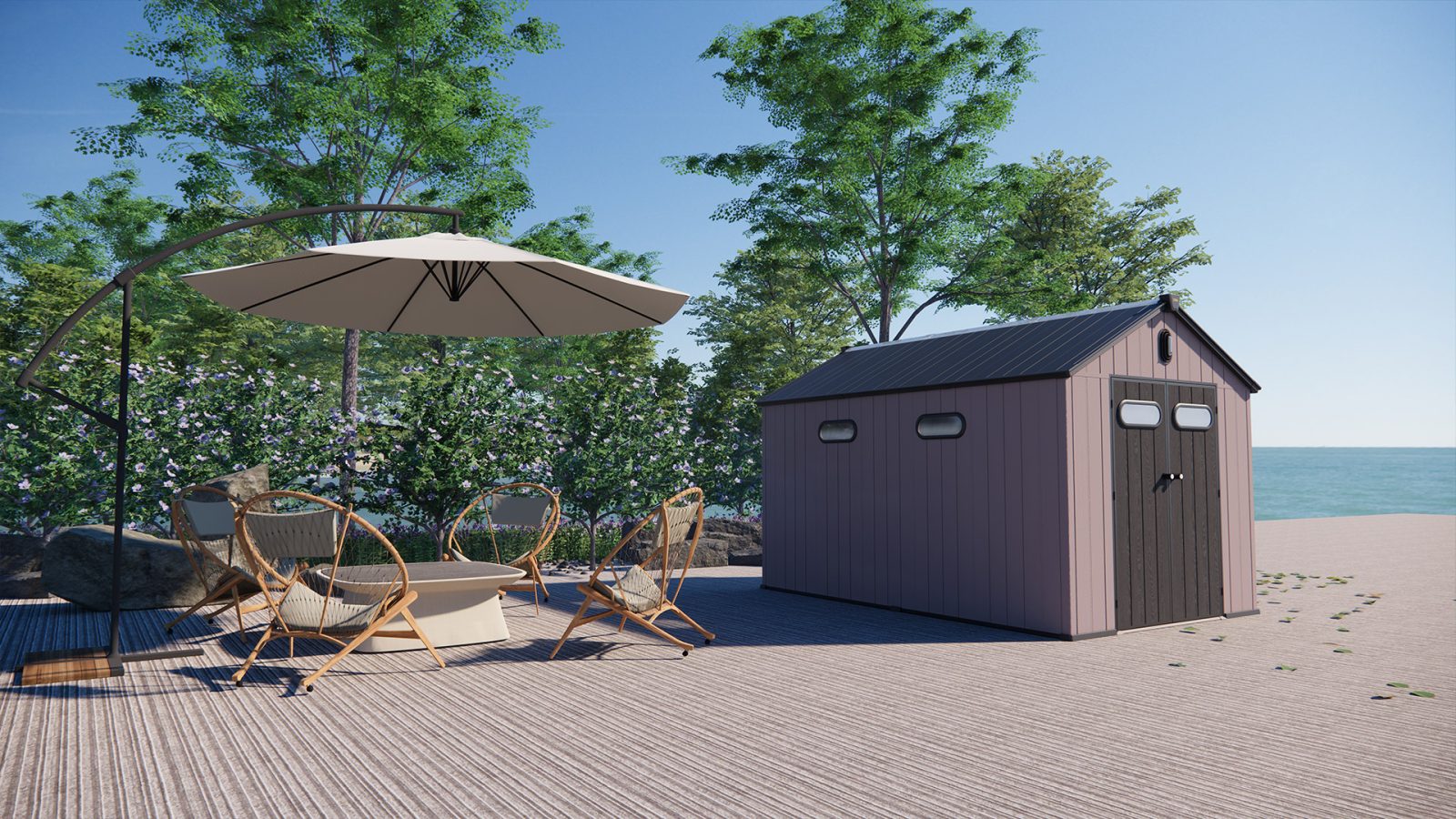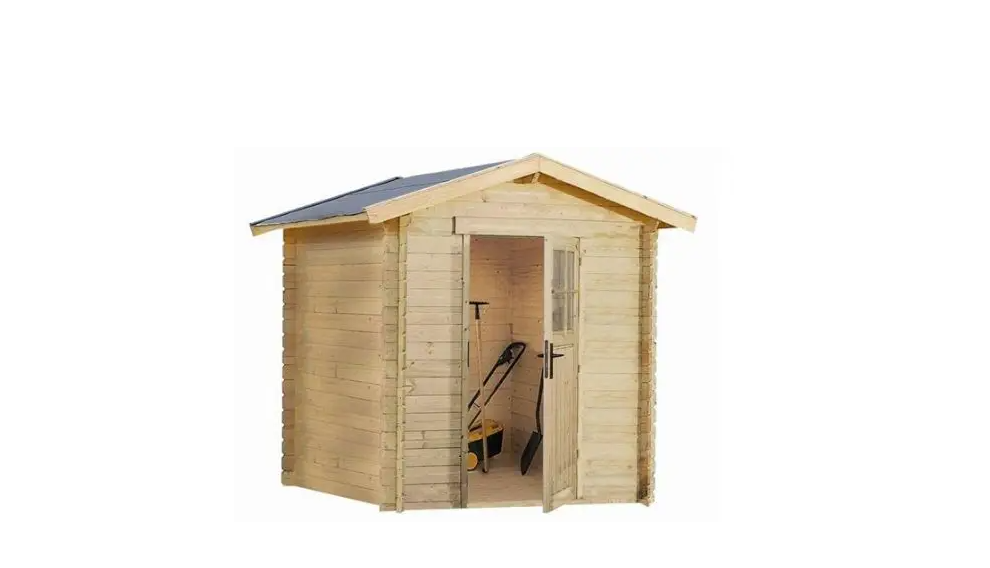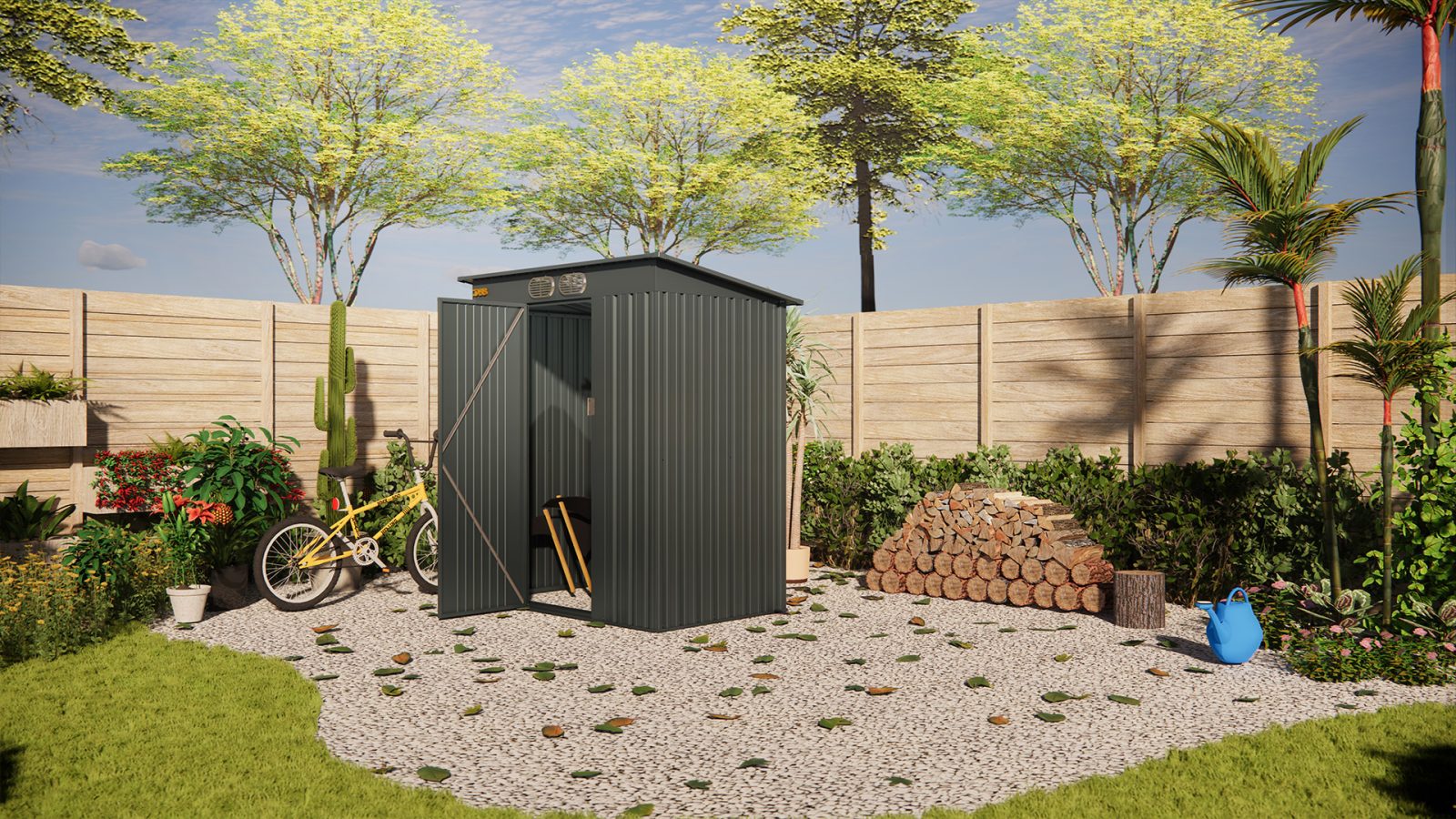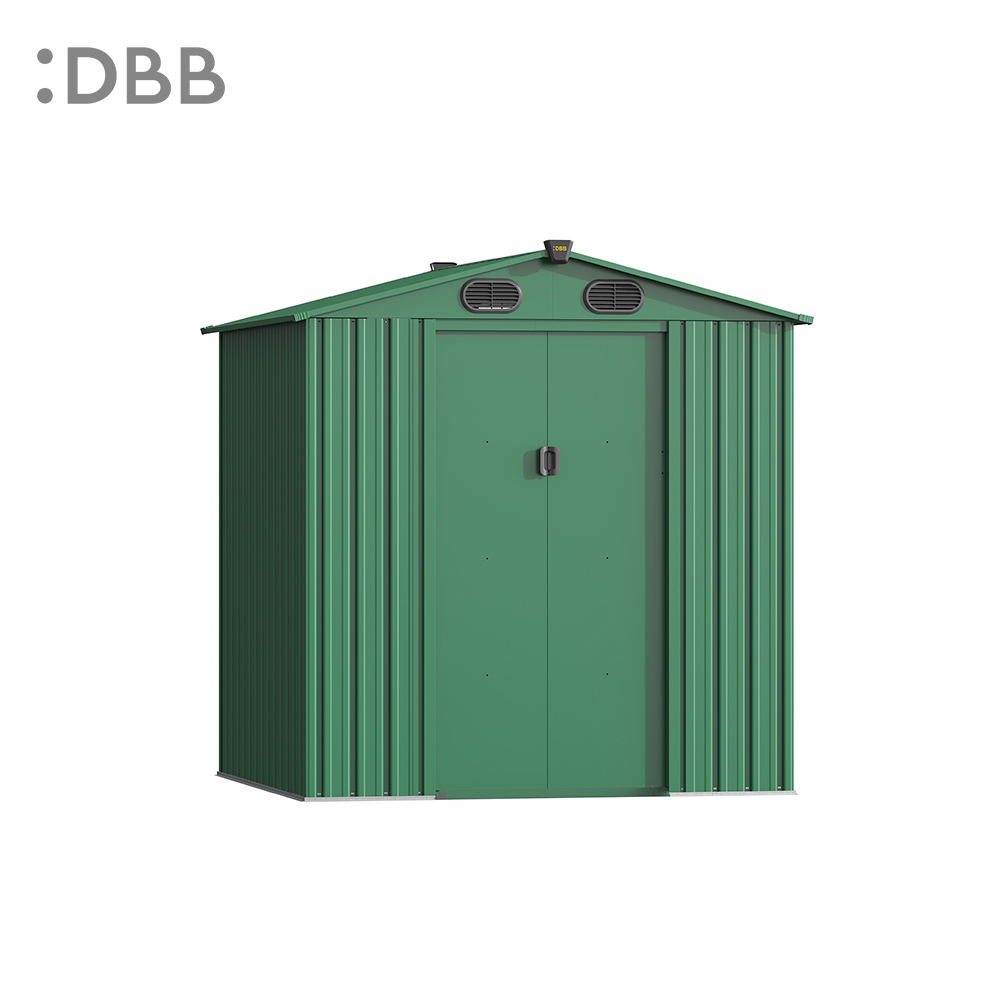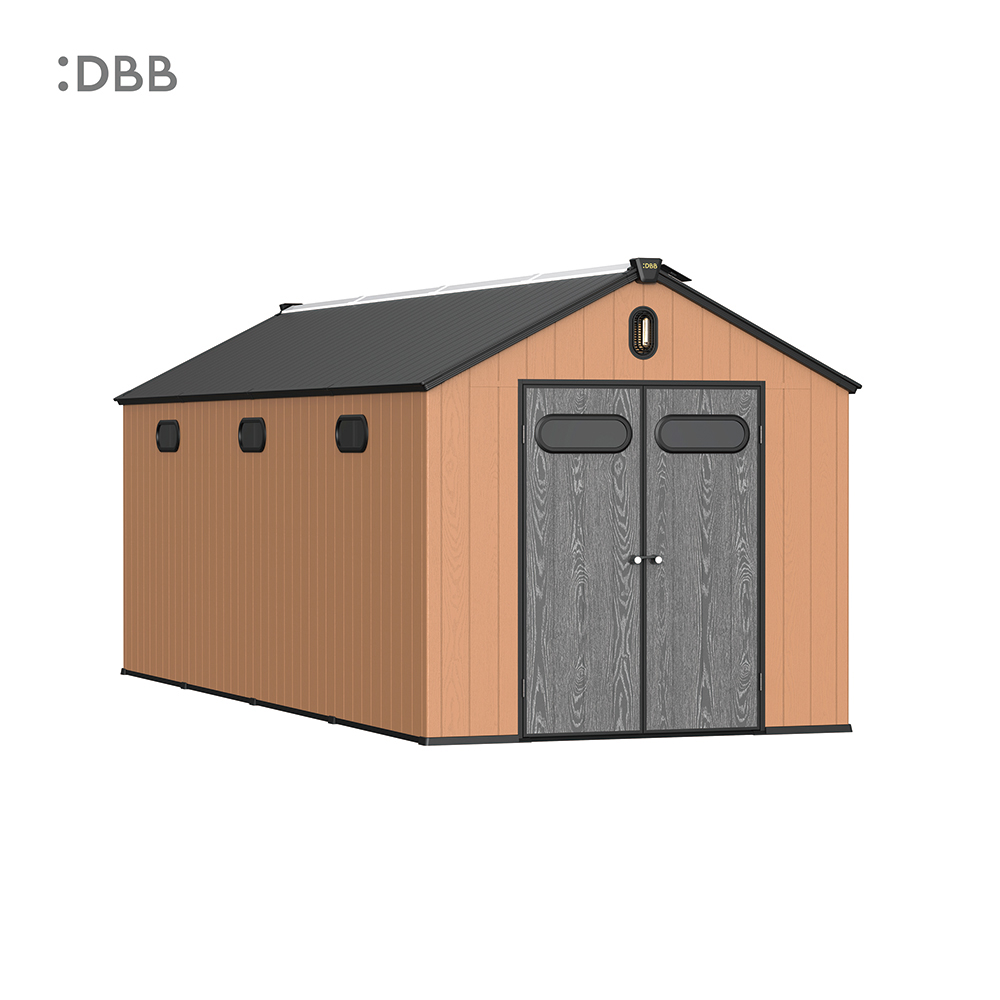Building an outdoor shed is a great way to add extra storage space and stay organized, However, determining the type of material you want is the most difficult part.
There are three common materials used for sheds – Plastic, wood, and metal. We’ll be outlining the advantages and disadvantages of each so you can understand the use cases of Plastic vs. wood vs. metal sheds to make the best decision.
Plastic Sheds
Plastic sheds are sheds that were created to be a more versatile, affordable, and sustainable shed material. It combines most of the benefits of wood and metal while addressing the large disadvantages of each material. Plastic sheds are more environmentally friendly when compared to wood, and DouxBeBe takes that one step further by using 100% recyclable materials. In general, Plastic-based sheds are growing in popularity because of their versatility and simplicity. Take a look at the most asked questions about DouxBeBe sheds.
Pros
- Easy cleaning and low maintenance
- Rot, insect, and rust-resistant
- Easy to assemble
Plastic sheds are designed with a purpose. They are created to be easy to clean, light enough to transport, and can be assembled in one afternoon. Moreover, Plastic sheds involve very little maintenance and are extremely durable and weather resistant. DouxBeBe promises to create weather-resistant Plastic products that won’t rust, rot, fade, peel, warp, or be affected by insects. With a variety of sizes available, Plastic sheds are a cost-efficient alternative to wooden sheds. DouxBeBe’s ability to use recycled materials also makes Plastic a sustainable and visually appealing alternative, as many of the sheds replicate the look and feel of wood without the negative environmental effects.
Here is a video that summarizes the advantages and disadvantages of Plastic.
Cons
- Need to be anchored to a base
- Can bear limited weight on their walls
Fortunately, Plastic comes with limited disadvantages. Plastic sheds need to be anchored to a base, can bear limited weight on their walls, and are pricier than metal sheds (but less expensive than wooden sheds).
Wooden Sheds
Wooden sheds are the first type of sheds that were ever created and produce a rustic and classic look that can enhance any space. They are usually assembled using framing lumber and pressure-treated polywood to create that traditional wood appeal.
Pros
- Strong and durable
- Visually appealing
- Easy to customize
The biggest benefit of choosing a wooden shed is that they are easy to customize and there are a wide variety of designs and sizes, making it easy to find something you like. They’re also very strong and durable without needing to be anchored to the ground. One of the major reasons many people pick wooden sheds is because they are visually appealing, making them a great choice if you’re looking for a shed that doesn’t take away from the aesthetics of your space. However, DouxBeBe does have Plastic-based sheds that replicate the look and feel of wooden sheds without the disadvantages associated with wood.
Cons
- Not insect, fire, or weather-resistant
- High maintenance
Unfortunately, there’s a reason why sheds are now created in a variety of materials. Wooden sheds come with many disadvantages, such as not being insect, fire, or weather-resistant. Wood is also not environmentally sustainable, pricier, and can easily rot. They aren’t the best option for anyone that wants a low-maintenance and weather-resistant option.
Metal Sheds
Metal sheds are a popular alternative to wood because they come in different gauges of thickness and are created using steel or galvanized aluminum. However, compared to wood and Plastic sheds, metal sheds come in very few designs that mostly look the same with limited features.
Pros
- Low maintenance
- Durable
- Fire, insect, and rot-resistant
Metal sheds are durable, inexpensive, and last a long time. Unlike wooden sheds, metal sheds are fire, insect, rot, and weather-resistant, making them a zero-maintenance shed option.
Cons
- Need to be anchored to a base
- Not resistant to rust
However, unlike wooden sheds, metal sheds must be anchored to a base and are limited in size, styles, and customizations. Metal sheds are not resistant to rust and because of the weight of the metal, it’s not easy to transport either. If you’re looking for a shed that you can work inside, is easy to assemble, and is visually appealing, we’d recommend you don’t choose a metal shed.
